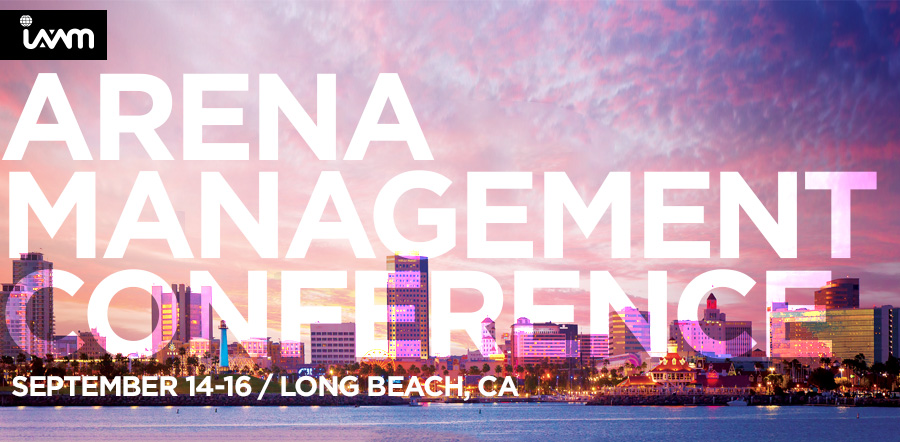A superb guest experience is the heart of every venue manager’s strategy, because ultimately, without guests, there’s no business. So it isn’t surprising that two morning sessions at the 2014 Arena Management Conference focused on the guest experience. Specifically, both sessions touched on how to create a friction-free environment.
“Patrons are becoming more sophisticated,” said Martin Thorson, vice president of sports, entertainment, convention, and gaming for Sodexo Leisure, during the“The Premium Amenity: Upgrading Your Fan’s Experience” session. “Their expectations and knowledge have advanced, and the bar has been raised to the highest level.”
It’s true, and premium amenities are continually being redefined by cultural and economic drivers. One of those drivers is ease-of-use.
“There needs to be a focus on a friction-free experience,” said Dave Brown, executive vice president and general manager of the American Airlines Center in Dallas, Texas. “There is so much competition for leisure time.”
Brown said that many of the reasons people don’t attend events is because of traffic, venue access, concession lines, etc.
“Premium guests demand the most seamless experience,” Brown said. “Consider focusing on driveway-to-driveway experience.”
One way to do that is to concentrate on mobile technology.
“We need to level set what is real and what hits the road and how that affects guest experience from A to Z,” said Dennis Scanlon, vice president of sales for Etix, during the “Mobile Technology: Enhancing Profitability and Customer Engagement” session.
Scanlon observed that most of the AMC attendees were aged 40-plus.
“But the market segment that impacts us the most is 24-34,” he said. “That is who this technology is geared for.”
Attendees expect more, Scanlon said. They want interactivity from the point they meet you to the point they leave.
One example of how to interact with fans was provided by Jim Cheshire, platform director for AVAI Mobile Solutions. He said that at one rodeo in Houston fans were able to enter their own scores and compare them with the judges. Random prizes were offered for the closest scores.
It’s not just in-house where engagement happens. The average ticket transaction is 3.5 tickets. That means one person is buying tickets for at least three people.
“For all that we have available to us, 66 percent of the audience is never touched,” Scanlon said. “New technology is allowing us to get data from that group to create a one-to-one interaction. The challenge is: how can you help me get to know the other two people in that group?”
In fact, he said, there is no other business with that much growth opportunity. If you can facilitate a friction-free experience, then you’ll reap marketing and financial benefits.
“The easier it is for people to spend money in your venue, the more they’ll spend,” said Jim Wynkoop, general manager of Global Spectrum/Chaifetz Arena – St. Louis University.

